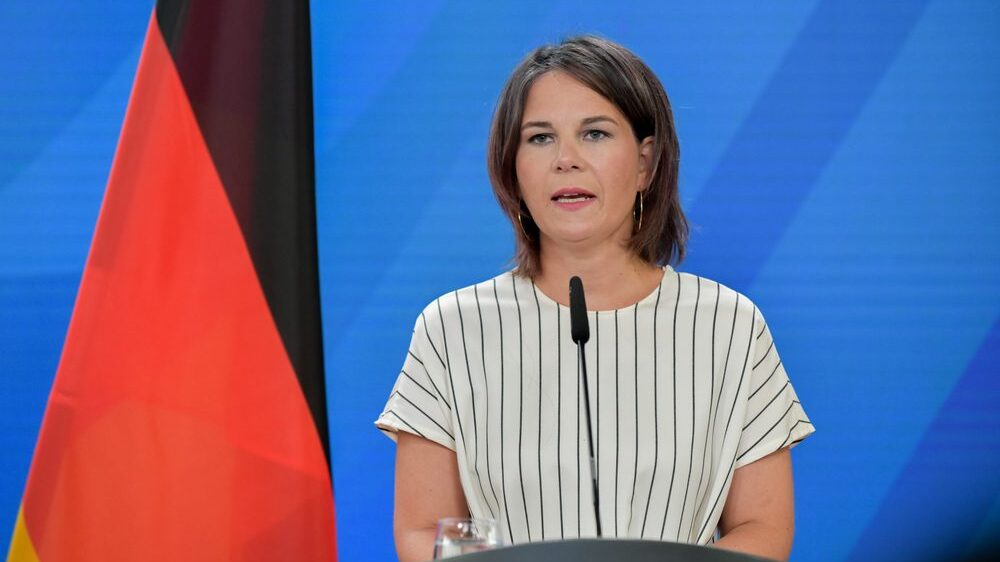
German Foreign Minister Annalena Baerbock
‘Women empowerment’ is set to be a core tenet of Germany’s foreign policy. On Wednesday, March 1st, German Foreign Minister Annalena Baerbock (Greens), flanked by her colleague, Economic Cooperation and Development Minister Svenja Schulz (SPD), presented her ‘feminist foreign policy.’
According to its guidelines, Germany will put its diplomatic weight behind humanitarian efforts to advance women’s rights and other ‘marginalized groups’ worldwide. The document states, while “women’s rights are a gauge of the state of societies,” feminist foreign policy is “by no means directed only at women.”
Germany, which is Europe’s largest economy, would allocate its considerable foreign development funds to more projects that tackle all manner of inequalities. By 2025, the document reads, at least 8% of Germany’s €12 billion in development funds will go to projects that have gender equality as their main goal, with 85% going to those that have it as their secondary objective.
In addition, Germany would lobby for more women to get involved in formal peace processes as, according to the policy guidelines, this has been shown to increase chances for any lasting peace.
At home, more women, in leading positions, would be part of Germany’s Foreign Office. Currently, just 26% of all German ambassadors are female, an embarrassment to Chancellor Olaf Scholz’ center-left coalition government, which places great importance on gender-balance.
Pursuing this course, Germany would join Canada, France, Mexico, and Spain, which boast similar foreign policies. While Sweden used to be counted among them, the right-wing government, which was elected in 2022, opted out.
In her address, Baerbock said the guidelines undergirding her policy were enshrined in the Basic Law [the German Constitution] and the Declaration of Human Rights, which says,
All people are equal, have the same rights and therefore also have the same right to representation and access to resources.
In sum, she was describing the three ‘R’s’ (Rights, Representation, Resources), referred to in the document.
While asserting that “when women are safe, everyone is safer,” Baerbock clarified this does not mean, as some have interpreted it, that “from now on aid will only go to women.” Feminist foreign policy “is not about reaching fewer people, but more people, namely all people in a society.”
The foreign minister went on to state that it was not a “missionary pamphlet with which we naively want to improve the world.” It is, she noted, not a “magic wand with which we can make the injustices of this world disappear in the blink of an eye.” Therefore, she observed, we must “pragmatically explore what is realistically possible,” as Germany had much to learn from other countries.
As reported by Handelsblatt, criticism came mainly, but not solely from conservative voices and outlets, who took issue with the initiative’s moralizing slant. The Frankfurter Allgemeine Zeitung slammed it as being “a label that a women’s-movement politician wants to attach to her ministry.” Even the liberal-leaning Der Spiegel mocked Baerbock for displaying her “reflexive feminism.”
WELT editor-in-chief Jennifer Wilton was equally unswayed by Baerbock’s vision of an ‘inclusive’ foreign policy. Labeling it an “advertisement” that “does not do anyone any good,” she observed that while the document mentions many things which are “taken for granted in Western countries,” it lacks real answers to the situation [women face] in countries like Afghanistan and Iran.
